A Matter of Degrees
The FBI on the trail of the world’s most lucrative diploma mill
Allen Ezell and John Bear
In spite … of all precautions, it was not very difficult for medieval scribes to forge diplomas well enough to deceive rivals. … So
there are many bogus diplomas from that era.
—J. M. Wallace-Hadrill, The Barbarian West: The Early Middle Ages, A.D 400–1000 (1952)
In 1986, a congressional committee found that over half a million Americans held fake degrees. Since then, fueled by the Internet, the situation has gotten a lot worse. Hundreds of degree mills now sell worthless diplomas, including medical and law degrees. Their total sales exceed $500 million a year.
Having spent many years investigating degree mills for the FBI, we can safely say that the University Degree Program (UDP) is the largest, most sophisticated, worldwide degree mill ever known. From 1998 to 2003, UDP marketed and sold degrees from over eighteen fictional universities (each with their own website). These institutions were supposedly located in four different European countries, and it was claimed that they were “recognized” by several non-existent, but academic sounding, entities. However, many of their campuses were no bigger than a mailbox.
Americans and Canadians represented about 85% of UDP’s sales, and degrees were telemarketed for $2,900, with a $500 discount if you signed up immediately for an instant scholarship. Degrees were sold in all majors, including the medical field, and UDP provided letters of verification and recommendation to accompany them. They did all this from two round-the-clock “boiler rooms,” located in Jerusalem and Bucharest, where ninety people, working for just over $1 an hour, manned the phones over two shifts. Degrees were printed in Jerusalem and wire transfers directed to Cypress and London, while credit-card payments were processed in Romania. The “degree package” you were sent bore a return address in Beverly Hills, and the degree verification fax was sent from Chino, California.
We estimate that the American who ran and owned UDP made $150,000 a day selling fake degrees. He was, in fact, a rabbi from Boston, Massachusetts. In 2003, after a lengthy FBI investigation, the Federal Trade Commission closed down his operation (though clones soon sprang up). The Boston Rabbi extorted $450 million through UDP but was fined only $57,000—roughly eight hours’ revenue. The degrees and transcripts he sold, and probably continues to sell, will haunt the business and academic community for decades.
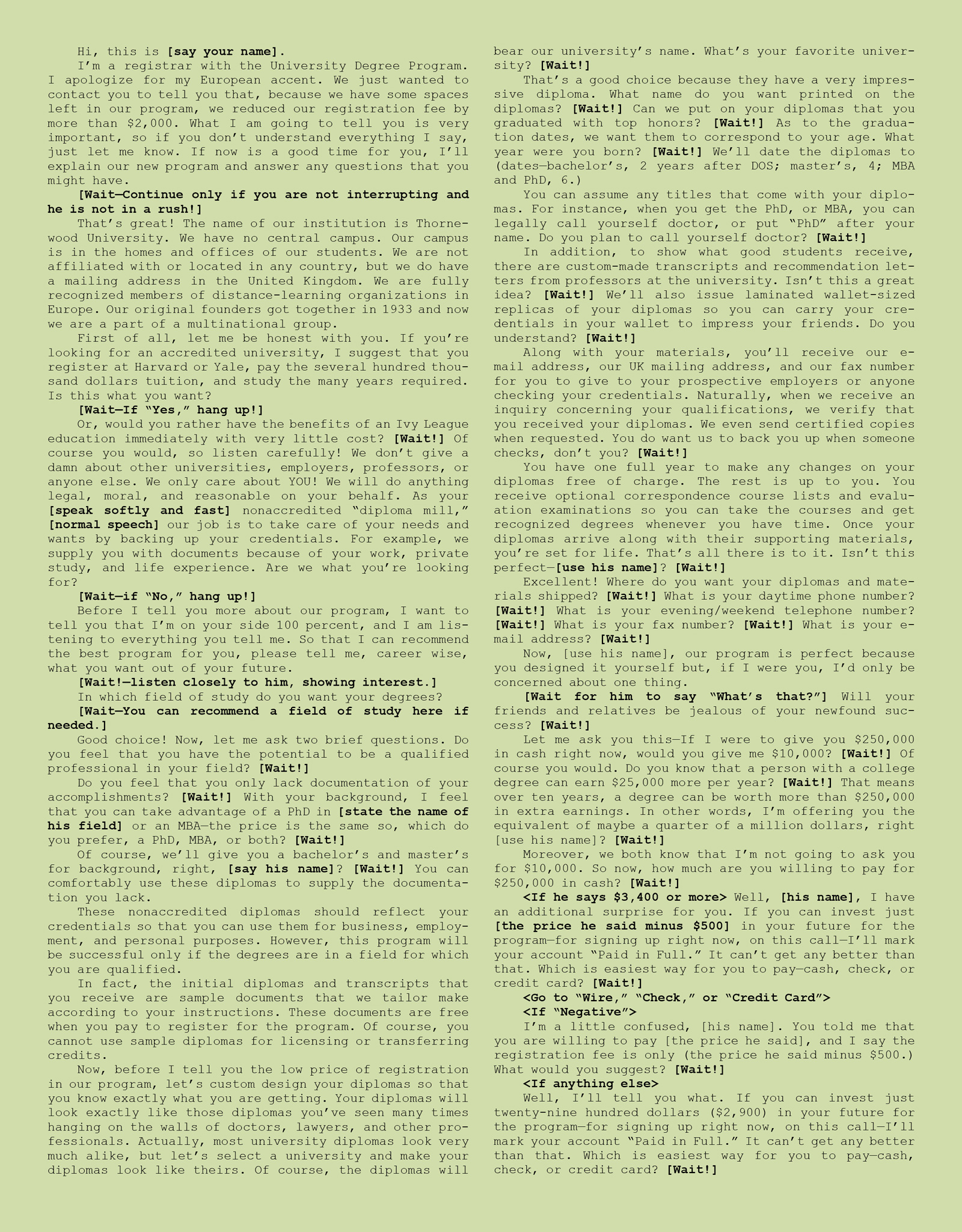
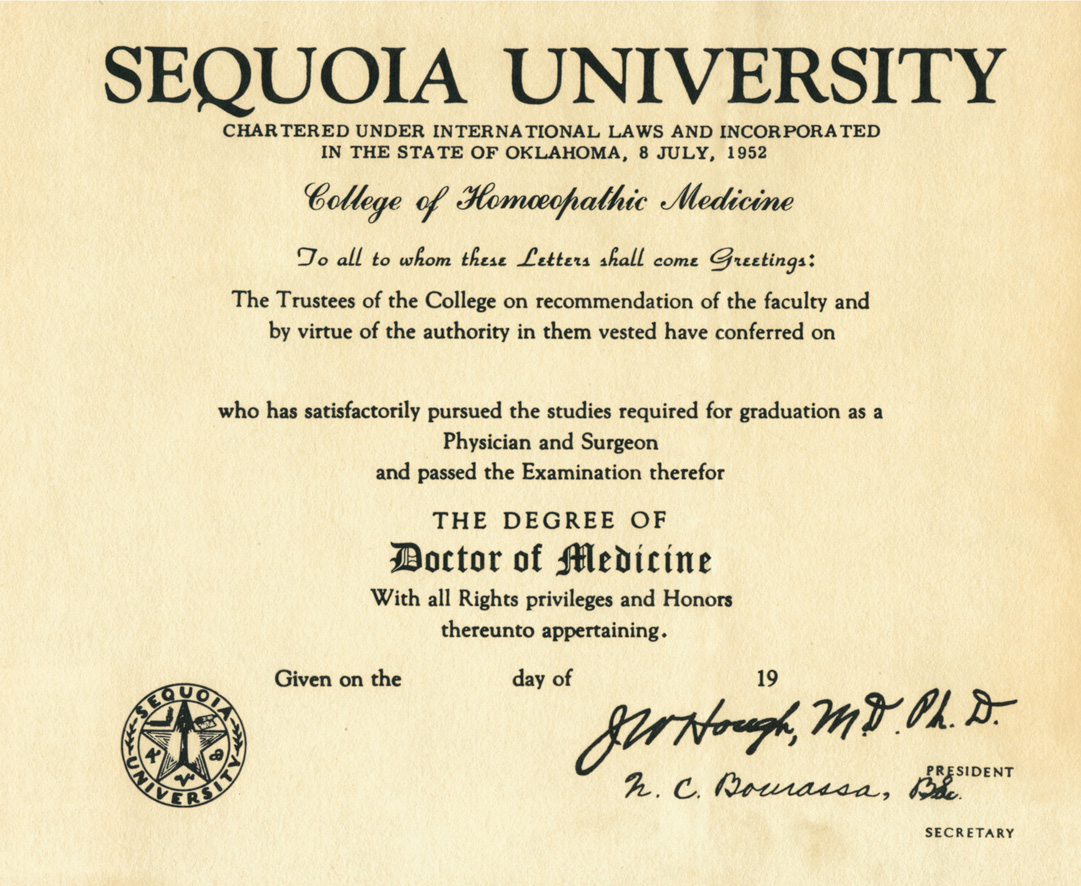
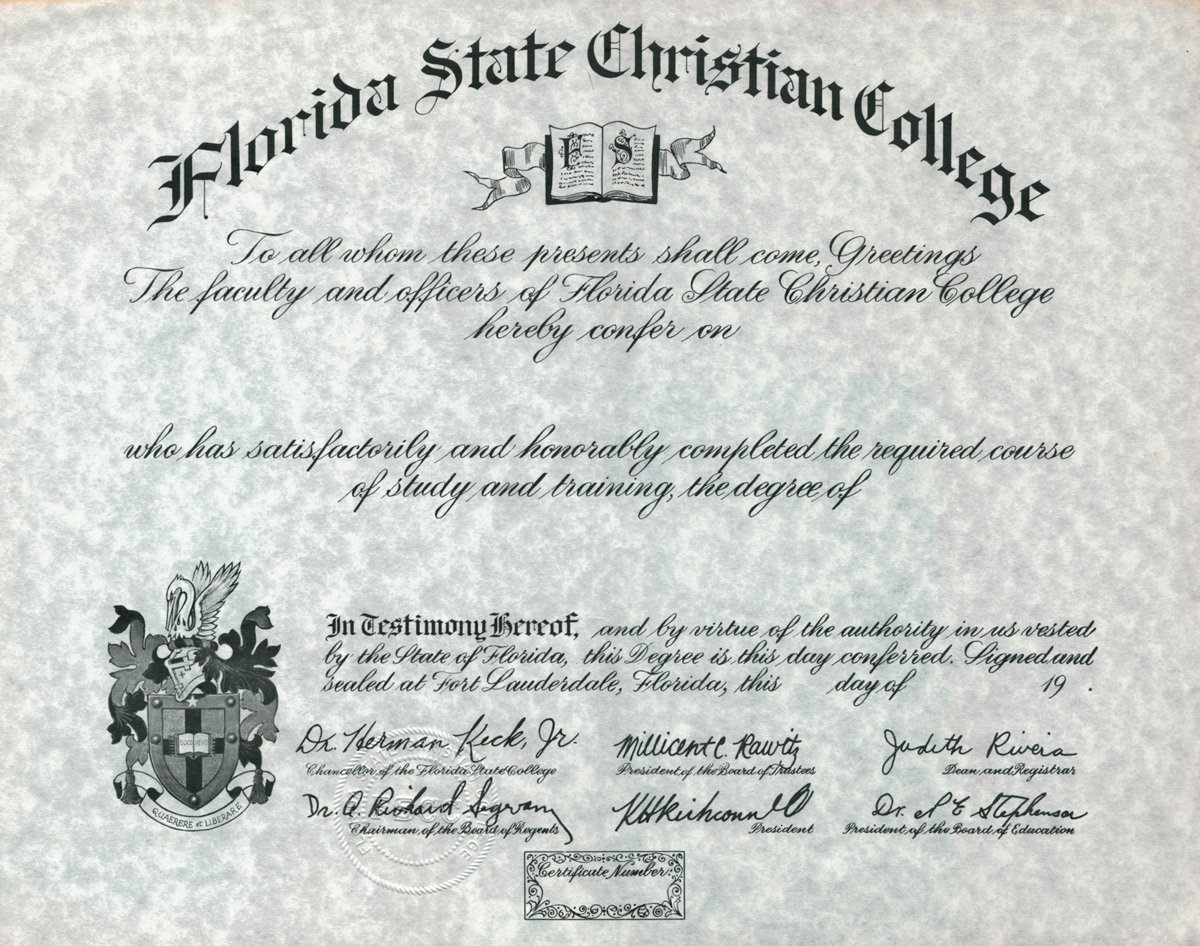
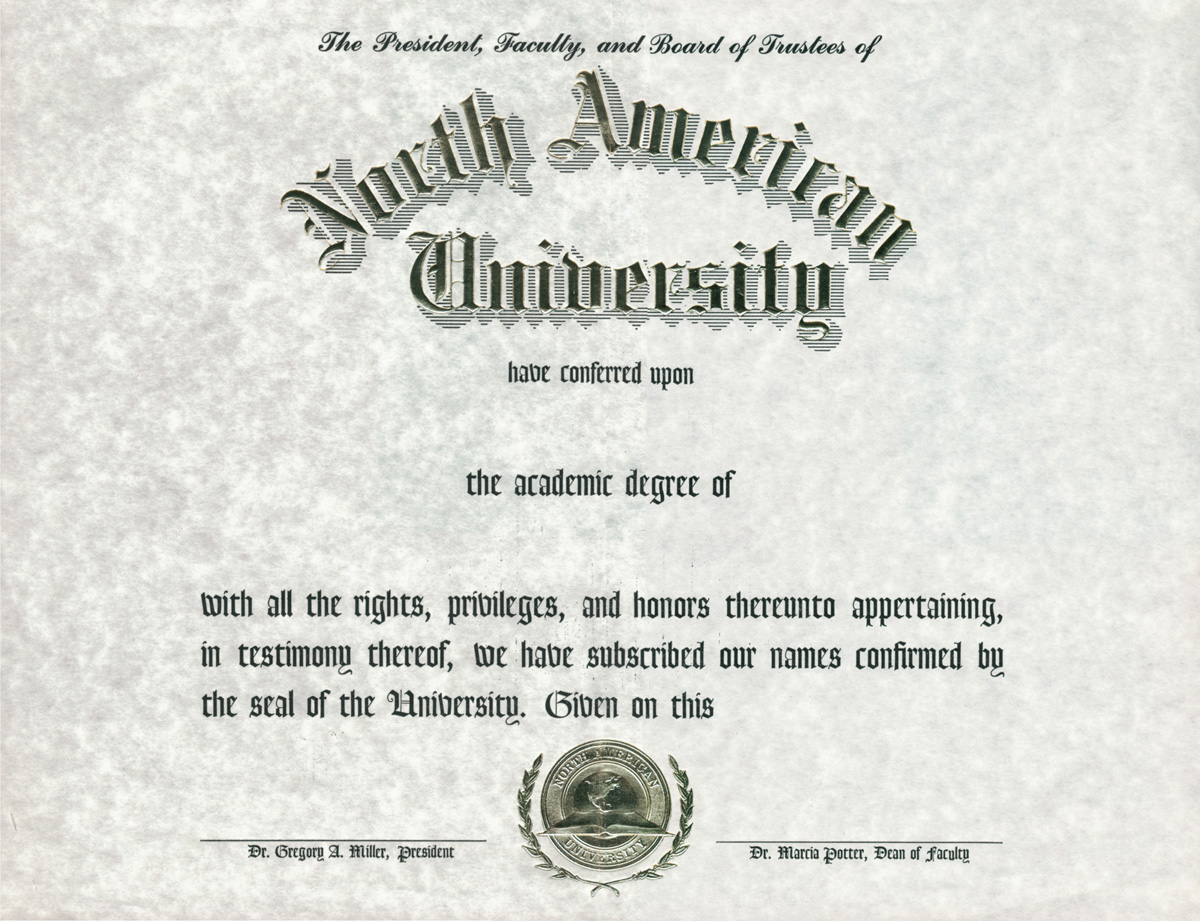
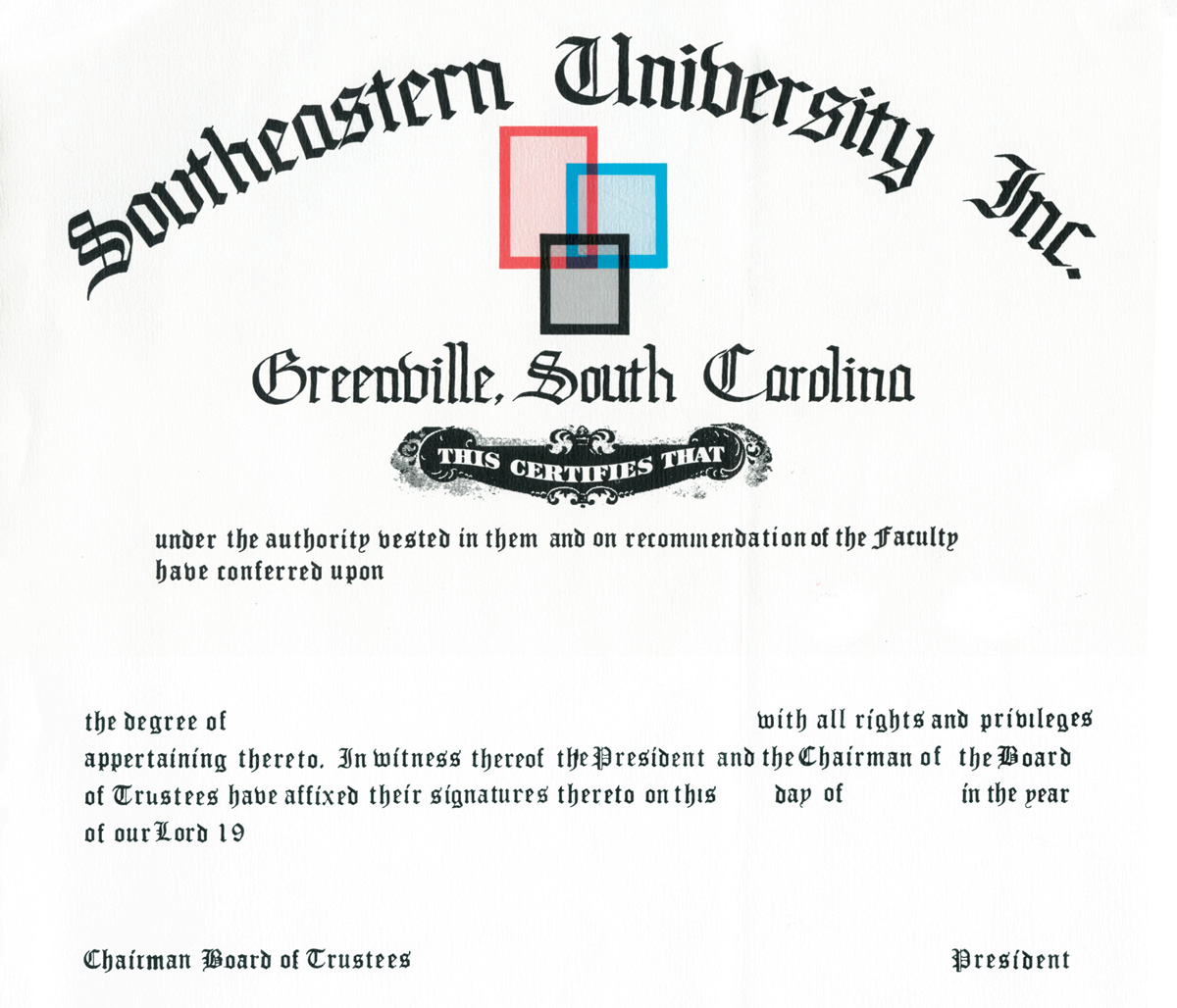
Allen Ezell worked for the FBI for thirty-five years (he is now retired). He founded and headed the agency’s “DipScam” diploma mill task force.
John Bear, an educational author, has researched diploma mills for thirty years. He regularly gives expert witness testimony in diploma mill trials. He is co-author, with Allen Ezell, of Degree Mills: The Billion-Dollar Industry That Has Sold Over a Million Fake Diplomas (Prometheus Books, 2005).
Spotted an error? Email us at corrections at cabinetmagazine dot org.
If you’ve enjoyed the free articles that we offer on our site, please consider subscribing to our nonprofit magazine. You get twelve online issues and unlimited access to all our archives.